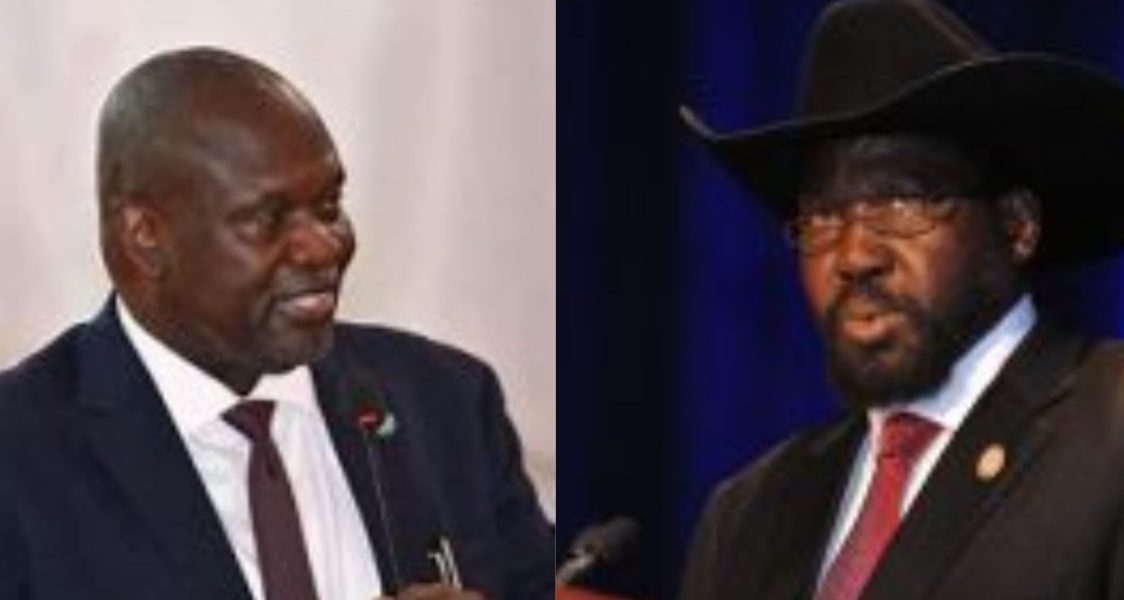
The United Nations has raised serious concerns over the deteriorating security and political situation in South Sudan, warning that recent armed clashes and political gridlock are threatening to unravel the country’s fragile peace process.
Speaking at the African Union Peace and Security Council meeting on Thursday, Guang Cong, Deputy Special Representative of the Secretary-General for Political Affairs in South Sudan, stated that the progress made under the Revitalised Agreement on the Resolution of the Conflict in the Republic of South Sudan (R-ARCSS) is rapidly eroding.
“Since our last briefing to the Council, we have witnessed the continued erosion of the hard-won gains previously made in the peace process, including the trust and confidence built among the parties to the Revitalized Agreement,” said Cong.
Cong reported that armed clashes have intensified across several states and that the implementation of the peace agreement has stalled.
Despite repeated international appeals for a ceasefire and renewed dialogue, he said “a pattern of violations and unilateralism persists,” undermining the unity government’s core mandate.
The Deputy Special Representative described an alarming increase in military offensives, including aerial and ground attacks, which he said directly violate Chapter Two of the Peace Agreement.
“More than 130,000 people have been displaced since March, including tens of thousands who have fled into Ethiopia,” he said.
“The conflict has severely disrupted humanitarian operations in the affected states, and during the first three months of 2025, we documented the highest number of civilian victims in a single quarter since 2020.”
Cong warned that if current trends continue, the conflict could shift from localized violence to a broader and more complex confrontation shaped by ethnic divisions involving signatory parties and other actors.
The political impasse has also obstructed key transitional tasks, including security sector reform, the drafting of a permanent constitution, and preparations for national elections scheduled for December 2026.
“While government officials have publicly expressed their commitment to elections, the parties must take steps to return to dialogue and make the necessary decisions to move the country forward,” Cong urged.
“Your bilateral and collective leverage is key to steering the focus of the parties back to the full implementation of the R-ARCSS.”
Cong appealed to the Council to support immediate actions, including an urgent ceasefire, recommitment to the Cessation of Hostilities Agreement, and full cooperation with the Ceasefire Transitional Security Arrangements Monitoring and Verification Mechanism (CTSAMVM).
He also echoed the Council’s March 31 call for the release of detained opposition leaders and cautioned against unilateral decisions by any party.
“There is no military solution to political issues,” he emphasized. “The overriding imperative now is to direct all efforts towards preventing a relapse into war, supporting the inclusive implementation of the Agreement, and progressing the transition towards South Sudan’s first democratic elections.”
Cong reaffirmed the United Nations’ commitment to working closely with the African Union and the Intergovernmental Authority on Development (IGAD) through its trilateral coordination mechanism to help advance peace and stability in South Sudan.

